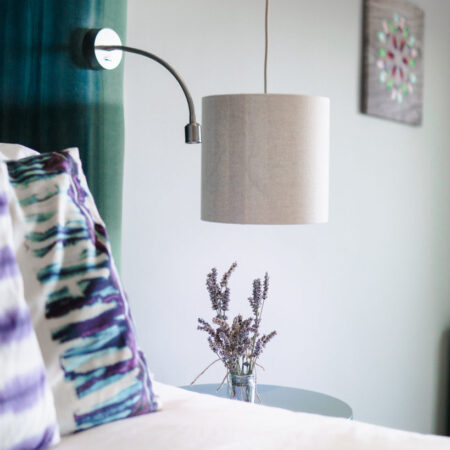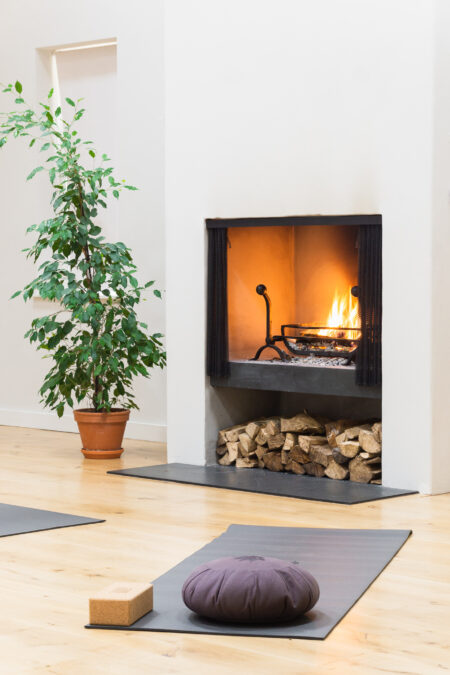Better Sleep, Better Life. Why is Sleep Important?
Better Sleep, Better Life. Why is Sleep important for mental wellbeing?

Do you take sleep for granted and how important is sleep to us? It is very easy to prioritise other chores, stay on your phone late in bed, and then just fight that slumbering feeling with caffeine, but does this affect us?
The need for sleep varies across your lifecycle, and every living mammal needs sleep to survive. We all know that a lack of sleep can leave us feeling slightly grumpy and we can often find it difficult to concentrate at work. But there are bigger health complications for not getting 7-9 hours of sleep a night.
Health Complications
Studies show that those who are sleep deprived are much more hungry due to an overproduction of a hormone called ghrelin, which increases your appetite. Less sleep can also cause a lower immune system, increase blood pressure, and cause other long term health conditions such as Alzheimer’s disease. ‘The NHS say that 1 in 3 of us suffer from poor sleep’ and results show that ‘sleepless people have fewer cytokines, proteins that fight infection and inflammation’.
Mental Wellbeing
Sleep doesn’t just have an impact on your physical health, but it can also boost your mental wellbeing. By not falling into a deep sleep, chronic sleep deprivation can cause disorders such as depression and anxiety.
So how do we get a good night’s sleep?
It is important to get into a strict bedtime routine, whilst also waking up at the same time every day. It is important to work backwards from the time you wish to wake up, so this time remains the same. Simple exercises in your day, before sleep, can also help. Avoid electronic devices at least an hour before bedtime, to allow your brain to switch off. The blue light which your smartphone emits affects the hormone melatonin which controls your sleep pattern. Orange light (the only light which does not contain blue)helps the production of melatonin, which in turn aids your natural circadian rhythm. Try reading a book before bed as this relaxes your mind rather than stimulates it.
If you are laid in bed thinking about all of the chores you need to do tomorrow, try writing a ‘to do’ list, which helps take the focus off of remembering. This in turn clears your mind of any distractions and will allow you to fall into a deep sleep much more easily.
Body Temperature
Temperature can also affect your sleep pattern. When you are in bed falling asleep, your body temperature drops, a cooler room can then help this. Taking a warm bath before bed can help trick your body into believing you have gone from daytime to night-time aiding a natural sleep pattern.
Yoga
Light relaxation exercises such as yoga help with winding down your body. Here at Combe Grove we have a range of gentle yoga classes included as part of our membership. Yoga nidra is a fundamental part of yoga retreats, which will be reintroduced in the new year. A perfect way to escape the busyness of the working week, you will be able to breathe and enjoy the 64 acres woodland estate, whilst relaxing in one of our many rooms, for a peaceful night’s sleep.
